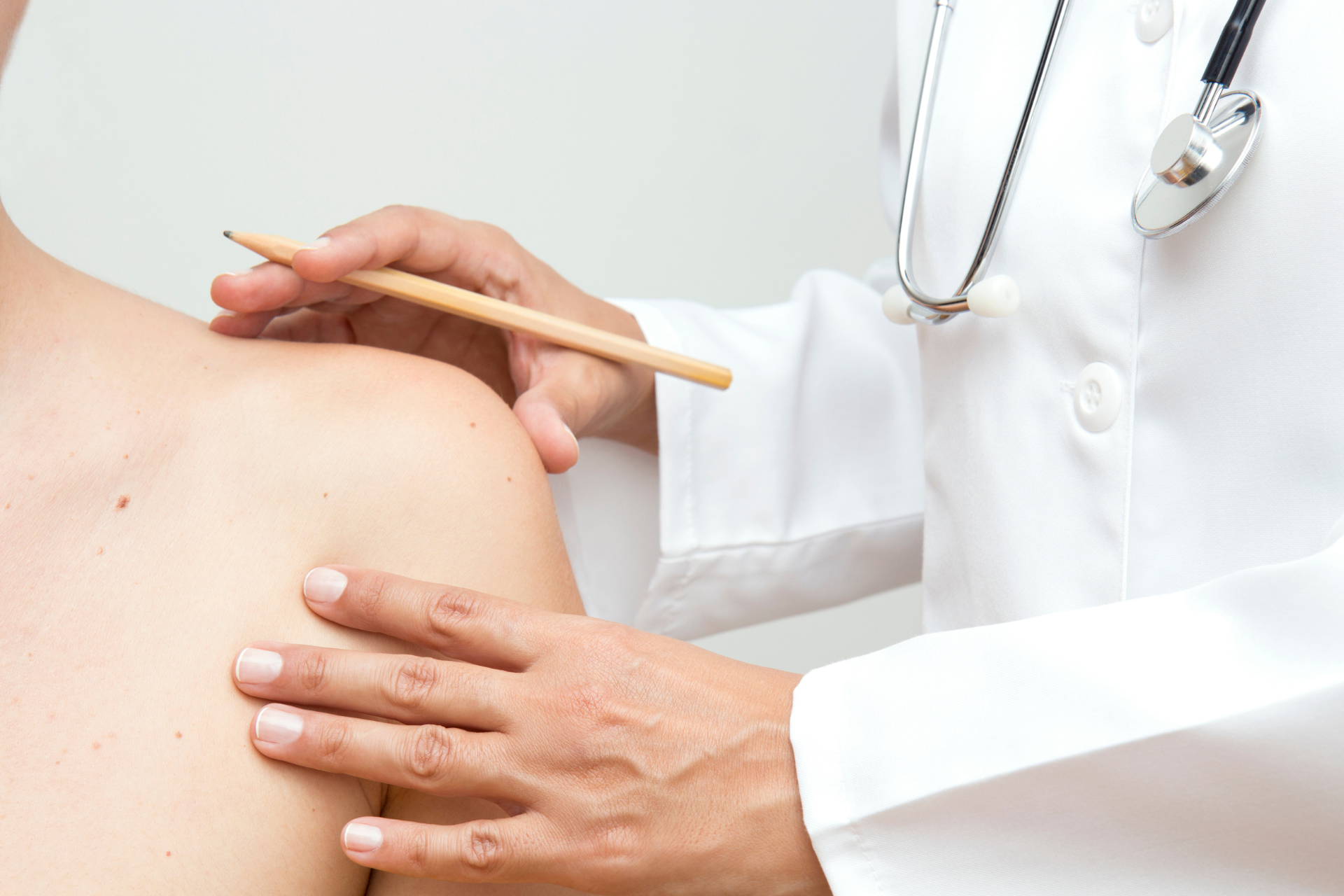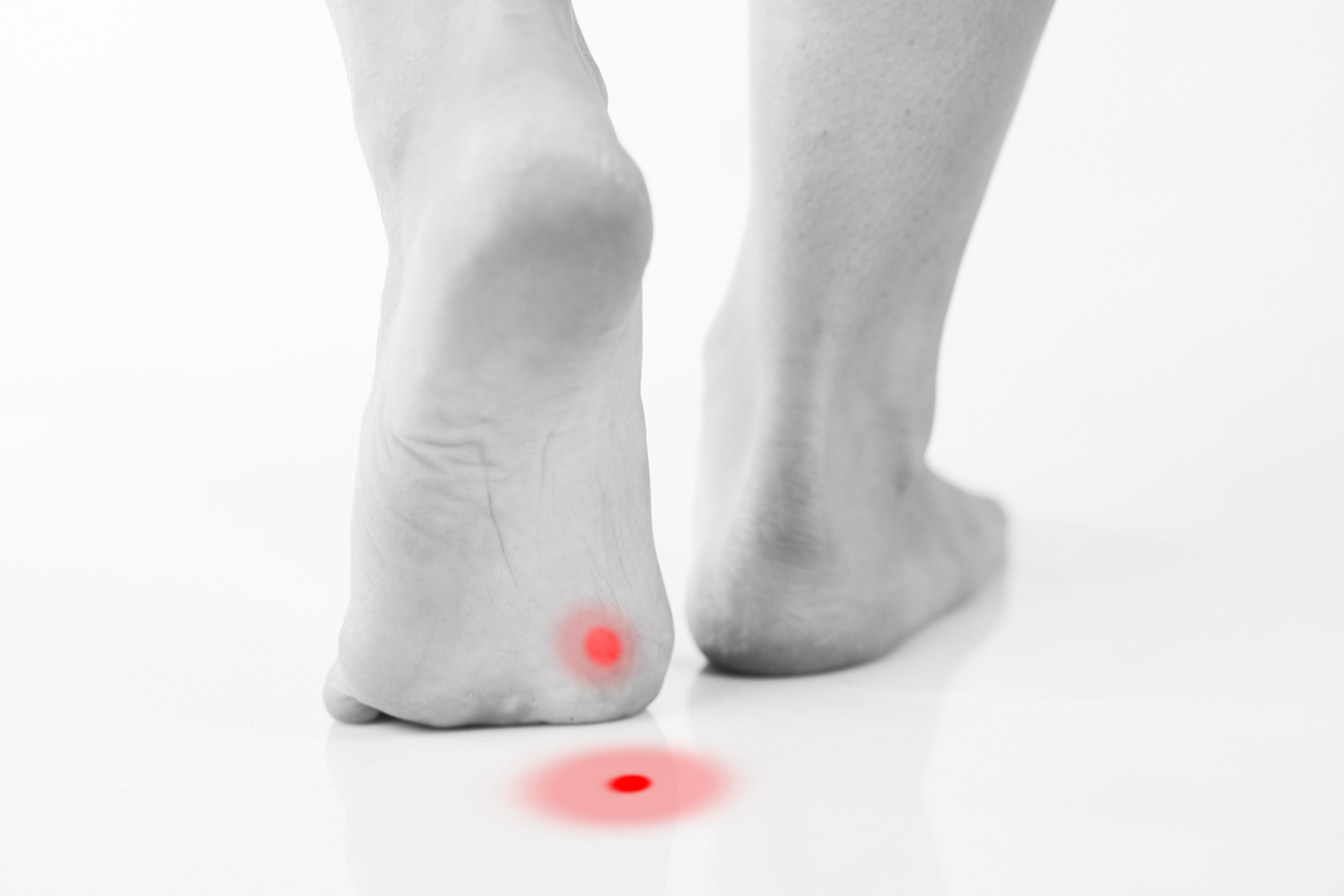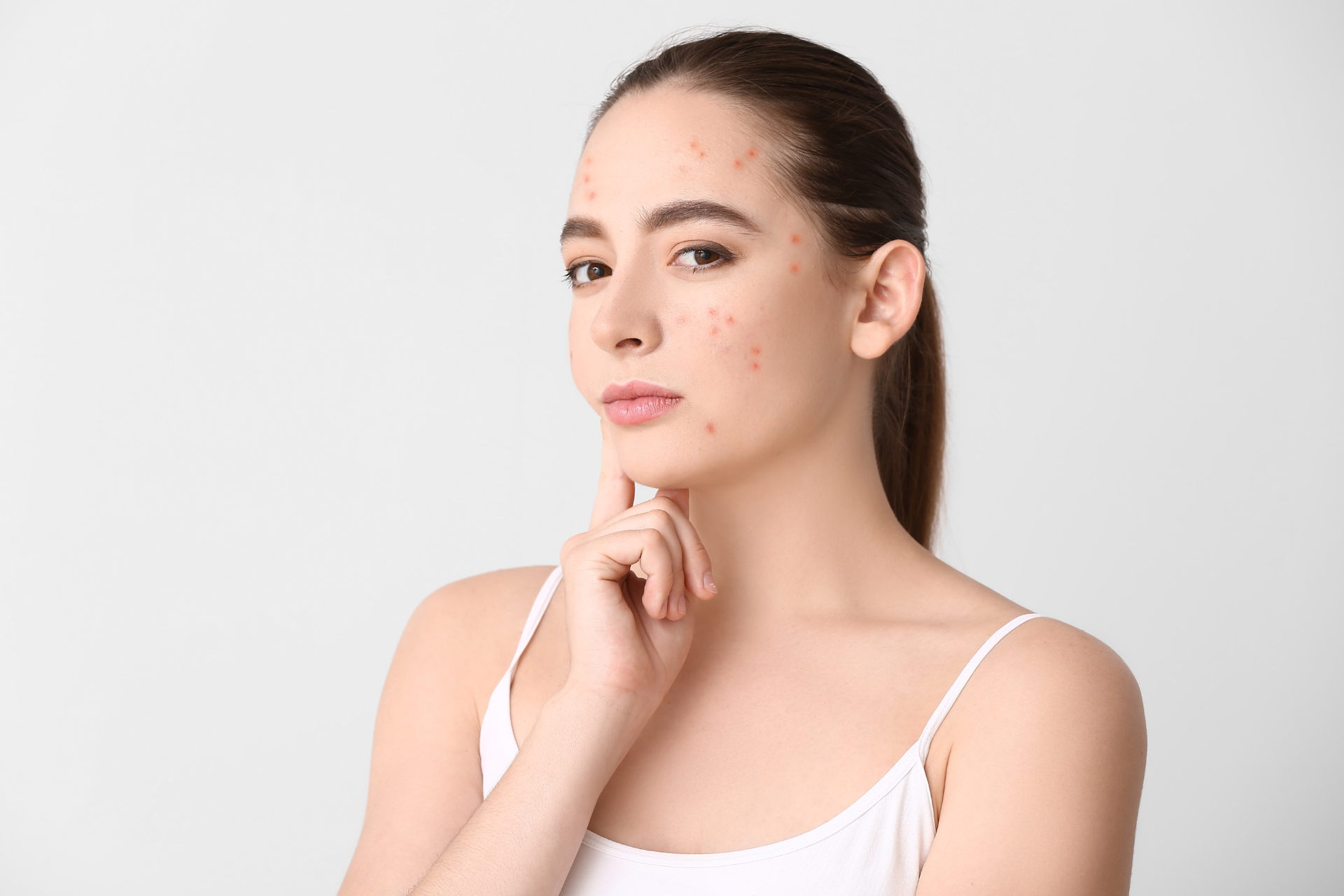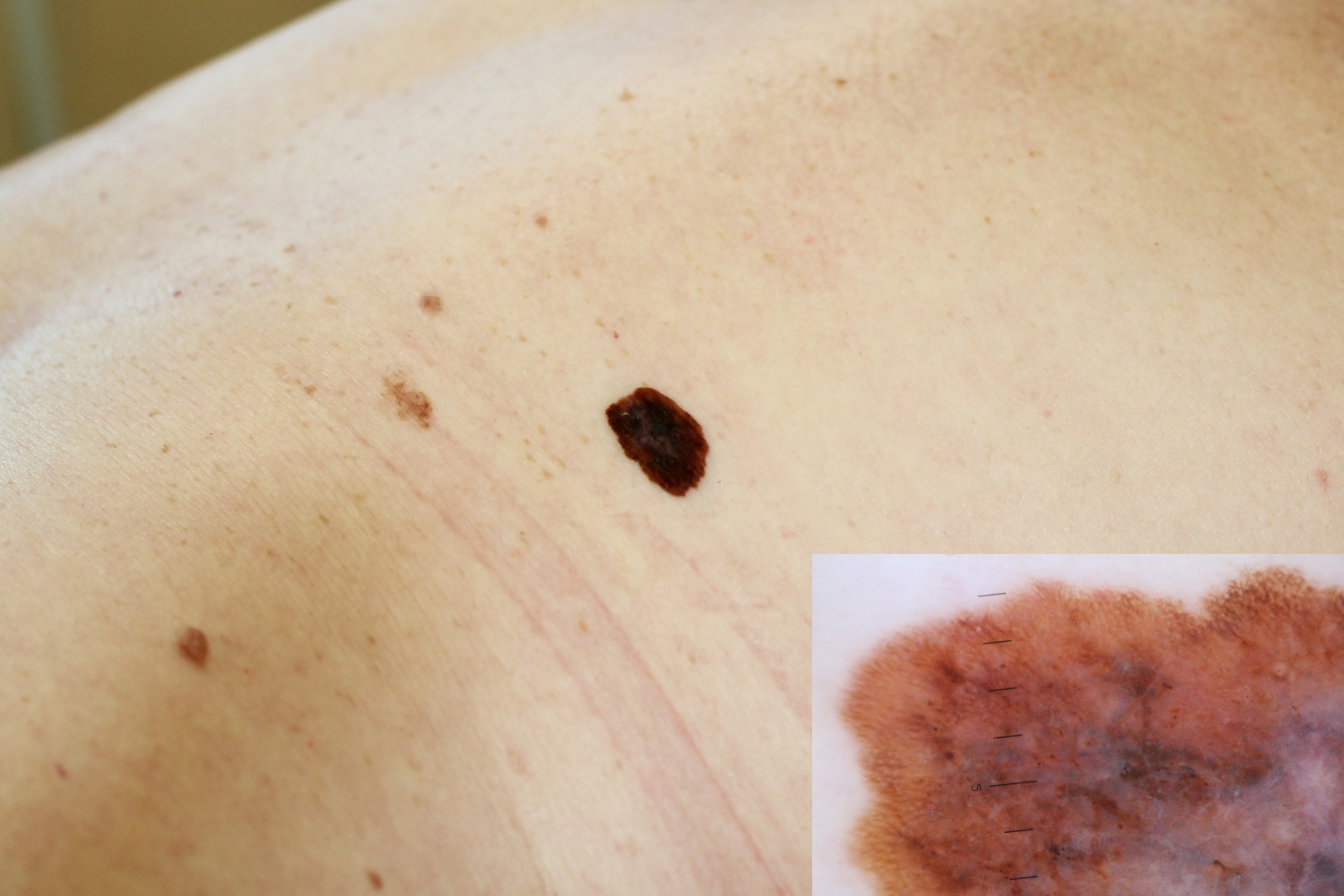The Importance of Early Detection in Skin Cancer

Introduction
Skin cancer is one of the most common types of cancer worldwide, with millions of cases diagnosed every year. It can develop slowly over time and may not show noticeable symptoms until it has progressed to a more advanced stage. This is why early detection is crucial in effectively treating and managing skin cancer. Fall Creek Skin and Health Clinic is committed to raising awareness about the importance of early detection in skin cancer to help patients protect themselves and prioritize their skin health.
Understanding Skin Cancer
Skin cancer occurs when abnormal cells grow uncontrollably in the skin. There are three main types of skin cancer: basal cell carcinoma, squamous cell carcinoma, and melanoma. Basal cell carcinoma and squamous cell carcinoma are the most common types and are typically found in areas of the skin exposed to the sun. Melanoma is less common but more aggressive, with the potential to spread to other parts of the body if not detected and treated early.
Early Detection Saves Lives
Early detection of skin cancer significantly increases the chances of successful treatment and cure. Regular self-examinations of the skin can help individuals identify any changes or abnormalities that may require further evaluation by a healthcare professional. Fall Creek Skin and Health Clinic recommends performing monthly skin checks to monitor moles, lesions, or any changes in the skin's appearance.
Signs and Symptoms
Knowing the warning signs and symptoms of skin cancer is crucial for early detection. Some common signs to watch out for include changes in the color, size, shape, or texture of moles or spots on the skin, new growths or sores that do not heal, itching, bleeding, or tenderness in an area of the skin. If you notice any of these signs, it's important to seek medical attention promptly.
Risk Factors
Several factors can increase the risk of developing skin cancer, including excessive sun exposure, a history of sunburns, tanning bed use, a family history of skin cancer, a weakened immune system, and certain genetic factors. Understanding your risk factors and taking steps to protect your skin from UV radiation can help reduce your chances of developing skin cancer.
Prevention and Early Detection Strategies
Prevention is key when it comes to skin cancer. Fall Creek Skin and Health Clinic recommends practicing sun safety measures such as wearing sunscreen with a high SPF, seeking shade during peak sun hours, wearing protective clothing, and avoiding tanning beds. Additionally, regular skin screenings by a dermatologist can help detect any suspicious skin changes early on.
Conclusion
Early detection plays a vital role in the successful treatment and management of skin cancer. By staying informed about the signs and symptoms, understanding the risk factors, and taking preventive measures, individuals can protect their skin health and minimize their risk of developing skin cancer. Fall Creek Skin and Health Clinic is dedicated to helping patients of all ages maintain healthy skin and providing comprehensive care for skin-related issues, including skin cancer. Remember, when it comes to skin cancer, early detection can save lives. Schedule a skin screening today to prioritize your skin health.




